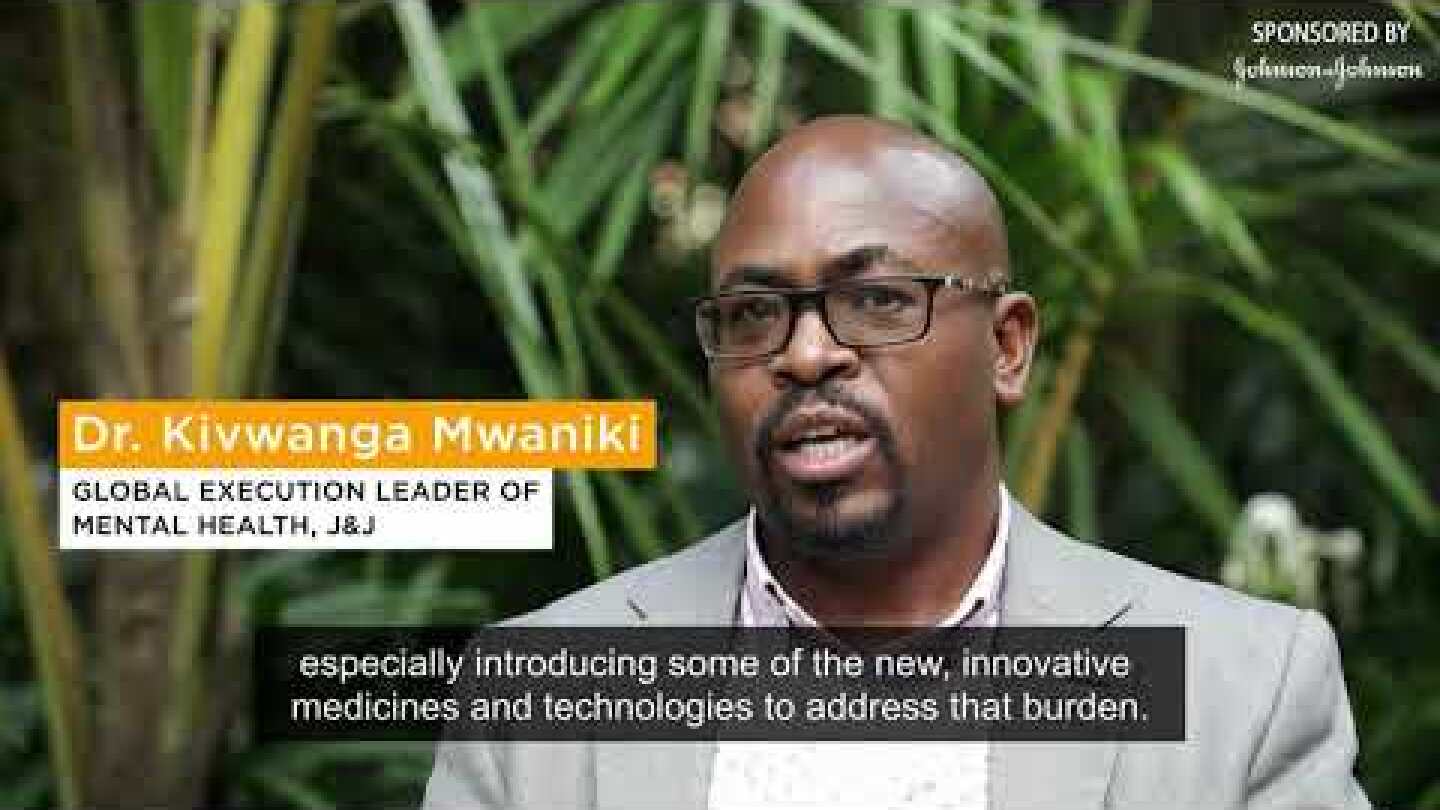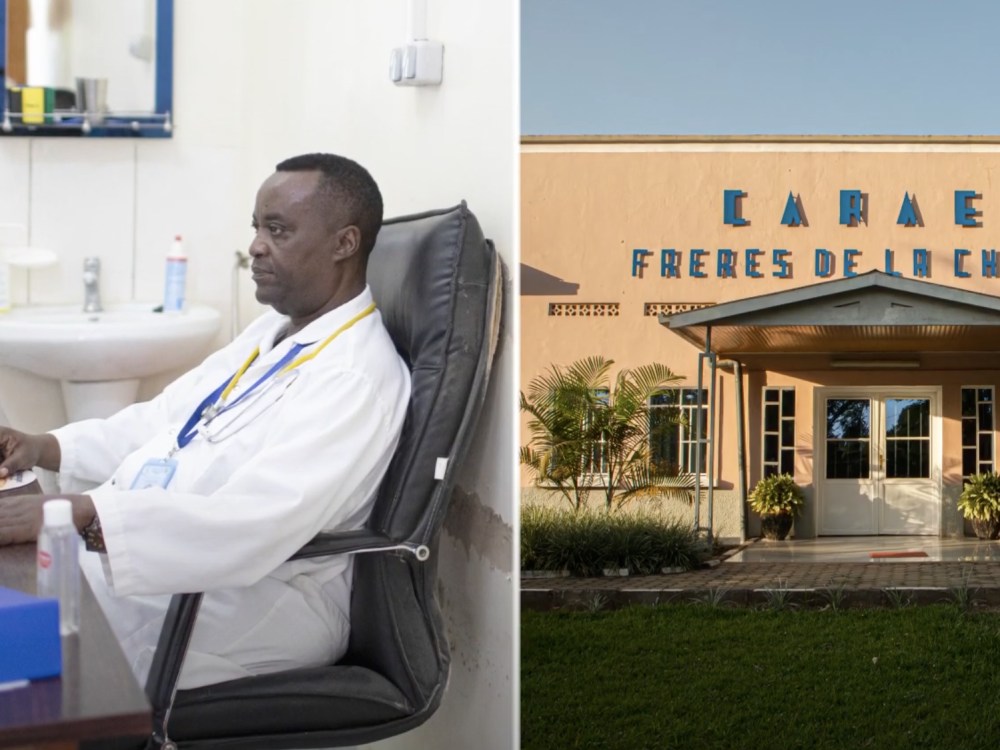- Home
- Our company
- Social impact
- Global health equity
- Mental health
Global mental health and well-being
Mental health impacts the physical, social, and economic health of individuals and societies worldwide. More than three-quarters of people suffering from mental illness live in low- and middle-income countries (LMICs), where many lack access to quality mental health care. In fact, more than 75% of people with mental health disorders in LMICs receive no care at all.
Expand
How Johnson & Johnson is supporting the next great leaders in mental health
Meet four students dedicated to removing the stigma of mental illness and increasing access to crucial treatments around the world—with the help of the Global Mental Health Scholarship Fund.
Learn why now is the time to act


Why specialized mental health services are key for young people


It’s time to innovate for better mental health care


This Healthcare Company is Tackling Mental Illness in Sub-Saharan Africa
This healthcare company is tackling mental illness in sub-Saharan Africa
Working in partnership to improve mental health care in Rwanda
In 2018, Johnson & Johnson Global Public Health launched a comprehensive pilot project with the Rwanda Ministry of Health to strengthen and expand access to quality mental healthcare in the country. The partnership aims to demonstrate that it is possible to apply an affordable, scalable quality care model for the treatment of severe mental illness, specifically schizophrenia, in low- and middle-income countries, where the vast majority of patients currently lack access to care.
So far, our accomplishments have included:
So far, our accomplishments have included:
Understanding the challenge
Conducted the first National Mental Health Survey in Rwanda to gain a better understanding of the prevalence and burden of mental illness to inform policy and budgeting decisions.
Training health workers
Through an innovative, phone-based platform, supported the government to train approximately 60,000 community health workers on the signs and symptoms of mental illness—and local referral systems for care – which was found to be highly feasible for the delivery of training on a large-scale.
Providing high-quality treatment
Successfully transitioned a cadre of schizophrenia patients to long-acting injectable medicines—with a larger clinical study launched in June 2021.
Providing psychosocial and well-being resources for frontline health workers
The Johnson & Johnson Foundation, guided by our Center for Health Worker Innovation, has also supported a number of partners and programs providing psychosocial and well-being resources for frontline health workers as part of $300 million in commitments over 10 years to support the health workforce made by the Johnson & Johnson Family of Companies and the Johnson & Johnson Foundation.
Collaborating to end stigma
Science Over Stigma (SOS) is a new global coalition of public, private, and non-governmental organizations committed to ending stigma related to mental health challenges. Together with our partners, we are bringing together advocacy, social and biologic sciences, and arts and culture to:
Speak with one voice
by integrating the fragmented ecosystem of mental health initiatives and identifying new opportunities for collective impact.
Demystify mental illness
by working together to drive understanding of its physiologic aspects.
Engage hearts and minds
by fueling fresh dialog about stigma and mental health through storytelling and expressive arts.

